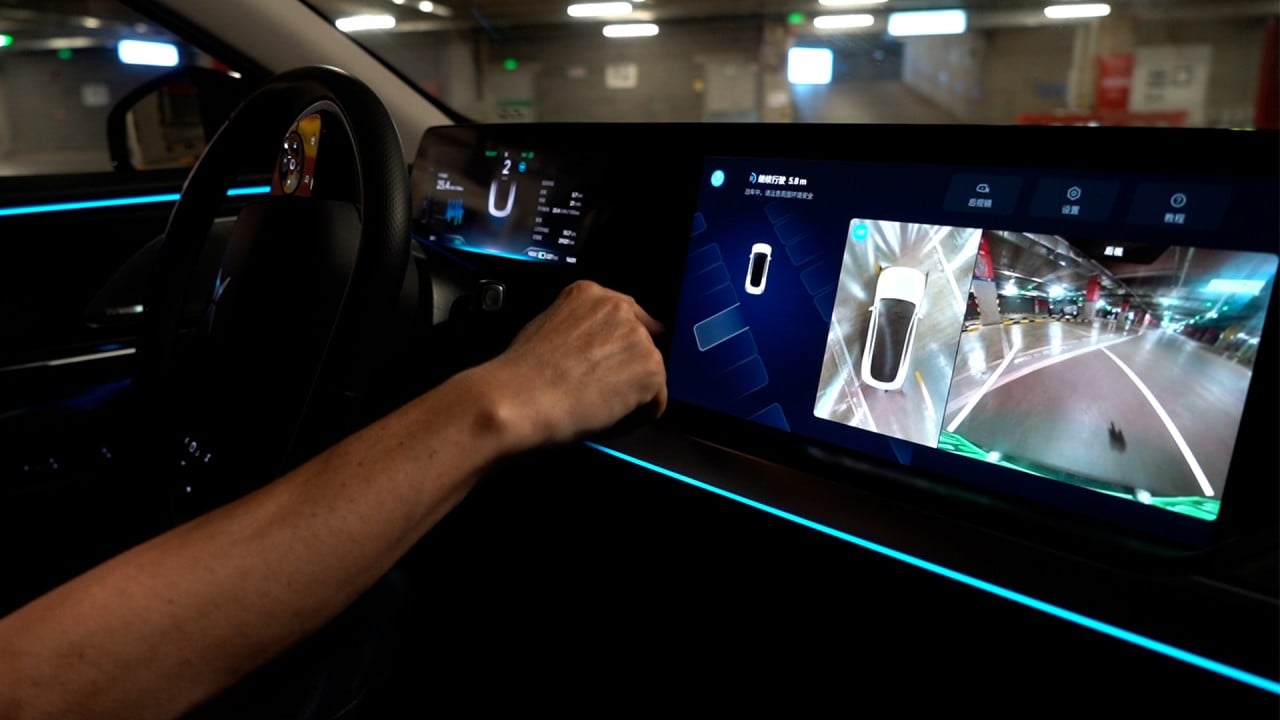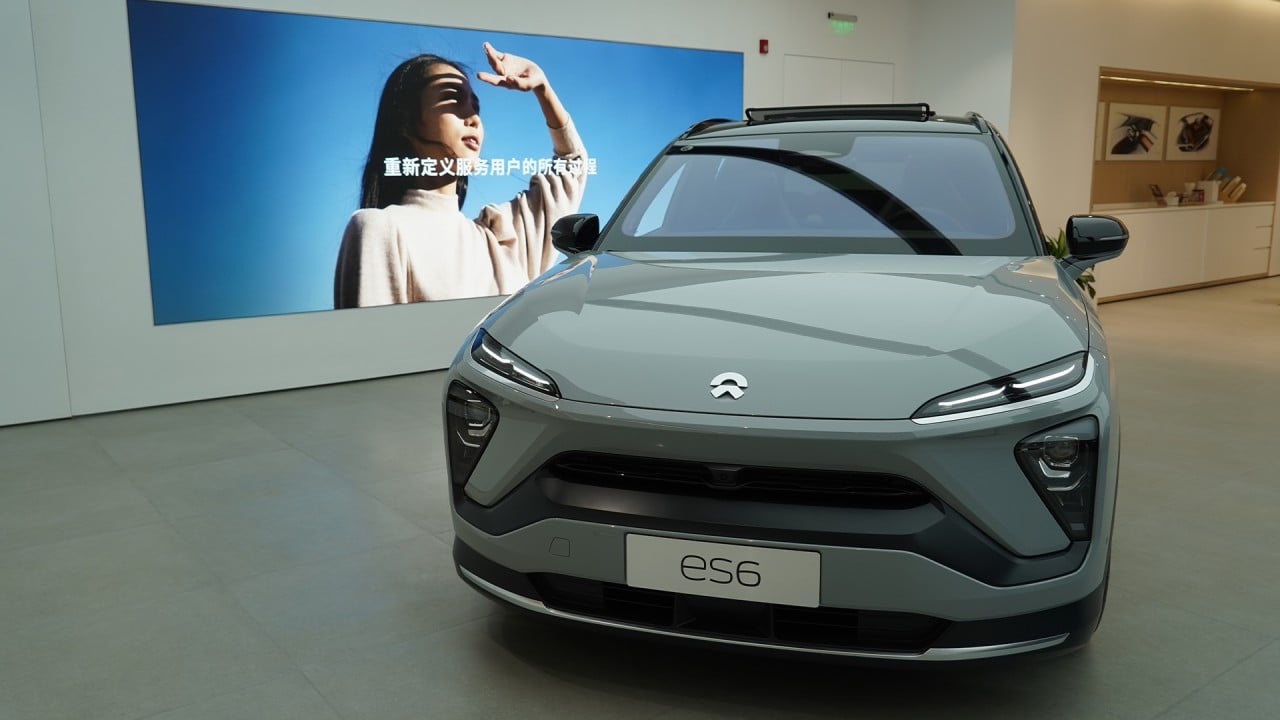
Xpeng becomes China’s first smart EV maker to be fined for data privacy violation
- Regulators penalise Xpeng Motors 100,000 yuan (US$15,710) for collecting consumer data without consent at seven showrooms in Shanghai
- Xpeng apologises to customers and deletes more than 430,000 photos to comply with the data privacy rules
Chinese authorities are getting tough on data privacy violations, penalising a leading smart electric car maker for the first time for such misconduct.
They found an Xpeng subsidiary had installed 22 facial-recognition cameras in seven showrooms between January and June, collecting customers’ facial data without proper authorisation, according to a statement by the market watchdog on Tianyancha, a business-data inquiry platform.
Xpeng said in a statement that it had apologised to customers and deleted more than 430,000 photos to comply with the data privacy rules. It added the issue arose as the subsidiary was not fully aware of the relevant legal terms, which resulted in the improper use of software provided by a third-party vendor.
“Xpeng did not leak or use personal information [and was not] in violation of the law,” the company said, adding that only data unrelated to personal information, such as foot traffic in the showrooms, was used for business surveys.
Companies now need consent from individuals to obtain personal information such as biometrics, medical health, financial accounts, and location. Regulators can suspend or terminate the provision of their services that illegally collect such data.
“Data privacy is the key area that market regulators have stepped up their monitoring to protect consumer interests,” said Gong Zhenhua, a partner at Ronghe Law Firm in Shanghai. “It is dangerous for technology companies to ignore the rules amid the tightened regulatory environment.”
In March, German luxury carmaker BMW was found to have illegally collected images of more than 4,000 customers, according to state-broadcaster CCTV. However, it did not say whether the carmaker was fined by regulators for the misconduct.
However, market regulators in China have handed fines to dozens of property developers this year for unfair collection and use of consumers’ facial data. The data can be used to analyse consumer behaviour and help companies promote their products and services more accurately.
In Wuxi, in eastern Jiangsu province, 16 cases involving unlawful collection of customers’ facial images at developers’ sales offices were found as of August, resulting in fines totalling 1.6 million yuan.
Xpeng, backed by e-commerce giant Alibaba Group Holding, which also owns this newspaper, has been clocking rising sales this year. Its smart vehicles featuring high-performance batteries, advanced driver assistance systems and voice recognition technology have struck a chord with thousands of young motorists in China.
Even Tesla has come under heightened scrutiny, after media reports in March said that its cars could be used for spying, resulting in Beijing restricting the use of its cars by military staff and employees of key state-owned companies.
To address those security concerns, Tesla opened a new facility in October in Shanghai for storing operational data related to intelligent vehicles.



